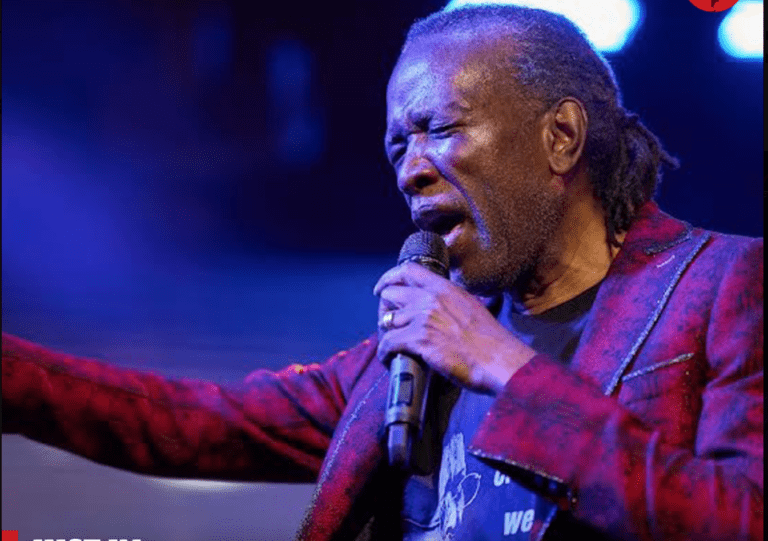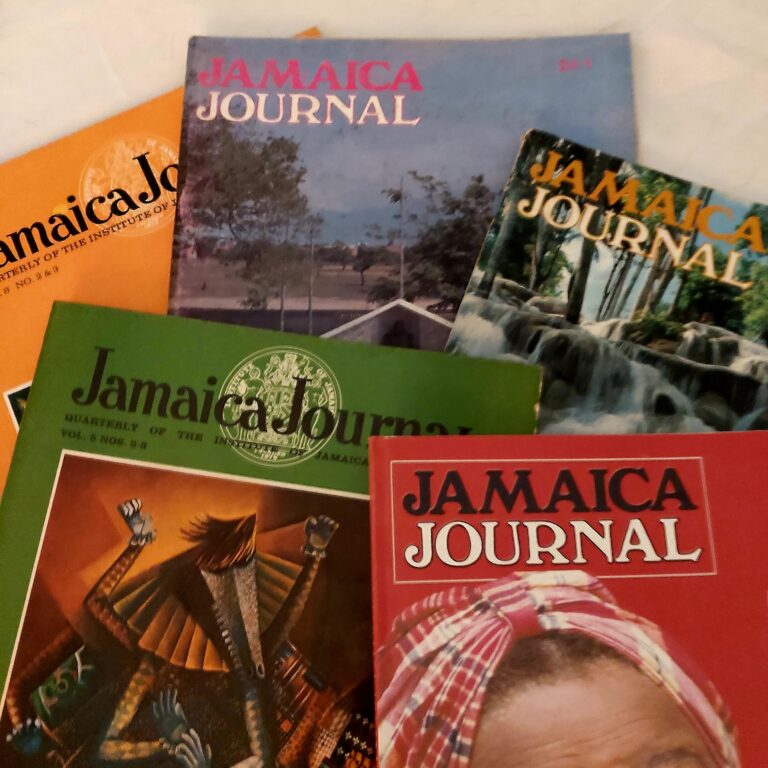Do not expect a post-COVID party explosion

Predictions are a seriously uncertain business for weather and election forecasters, horoscope writers and palm readers alike, even using the most refined scientific approaches or trusted ‘guzzum’ techniques available. With that disclaimer and no science of ‘sciance’ to rely on, beliefs that any expectations of an uncontrollable explosion of parties in Jamaica as the process of easing COVID-19 restrictions gathers momentum will not be met.
For one, there was no shortage of parties over the almost two years that the Disaster Risk Management Act (DRMA) was in effect to manage the pandemic, with a number of shootings and after-party car crashes a fleeting testament to the irresistible draw of music and liquor. It is not a matter of now being all partied out, however, but removal of the element of excitement at doing the legally or socially forbidden. It is like a man having a side chick or a woman having a side Dick (or Tom, Harry, or Mel) and then the relationship goes legit– when the sneaking around is over, the thrill of taking someone else’s person evaporates. Many times the feeling fizzles. It was the situation, not the person, after all.
An experience during the only election I have ever covered during my time as a journalist has stayed with me. It was the St Ann North-East by-election in 2001, when the Jamaica Labour Party (JLP) faithful were cavorting through St Ann’s Bay to TOK’s ‘Chi Chi Man’. On the night of the vote count at the St Ann’s Bay Courthouse (a place I visited a couple times under different circumstances, when a policeman framed me for a speeding violation and did not have the guts to face me before the judge, dodging repeat dates until the made-up infraction was dismissed), colour-coded faithful of both sides worked themselves into a frenzy outside the crowd barriers. Jamaica Defence Force (JDF) soldiers, toting trademark rifles, were on the inside of the barriers and as much as they howled and heckled each other, none of the political loyalists tried to breach the flimsy perimeter markers. I was close to one soldier when the count was over and the order given for them to leave and heard one say (and this is from unreliable memory) “look how dem a go stay which part dem deh now.” And, to my surprise, even with the soldiers gone, there was no surge to get closer to the courthouse, which persons had been clamouring to get nearer to for hours.
It was an enduring lesson in behaviour modification, but not my most memorable observation from that by-election. That honor goes to seeing some blue denim clad policemen getting lap dances in Shades Nightclub, their rifle butts on the floor and scantily clad butts writhing on their zippers.
As unruly as it seems to be, the Jamaican society is trainable. It is the will to enforce the rules and institute order which is lacking, not the capacity of the population to be organized and change for the general good. The Noise Abatement Act (popularly called the Night Noise Act) has been inequitably and sporadically applied since it was introduced in 1997 and, while it inequitably targets Jamaican popular music events, the eagerness of many a lawman to “tek a ting” and allow the party to proceed has been a major factor in its failure. I have heard many similar bribery stories around the DRMA, which I believe.
Despite the illegal parties, there has been some level of reordering in the public psyche. Consider the decriminalization of small amounts of marijuana. There were grim predictions of persons flaunting their new-found freedom in the streets, clouds of ganja smoke marking their passage like the exhaust pipes of heavily laden trucks. It simply has not happened, and I attribute that in large part to decades of legal conditioning, as well as that side chick/Dick factor – it is sweeter when it is forbidden.
Also bear in mind the decline in purchasing power, not only as a result of inflation but also the decline in the exchange rate of Jamaican to US currency. Also, there is the high cost of gasoline. As much as the desire is there, the resources to party perpetually are simply not there for many persons, even those in stable, well-paid jobs.
So, of course, there will be sessions over the summer period, especially. But for those who are hoping for or fearing a session on every corner, especially on weekends, you are going to be either relieved or disappointed. My ‘science’ seh so an a St Thomas mi come from.
Mel Cooke covered Jamaican entertainment as a print journalist for almost two decades, overlapping with his MPhil research on dancehall and experiential marketing with the Institute of Caribbean Studies, UWI, Mona, where he is now working on a PhD while lecturing in the Bachelor of Arts, Communication Arts and Technology (BACAT) programme at the University of Technology, Jamaica (UTech, Ja.).






